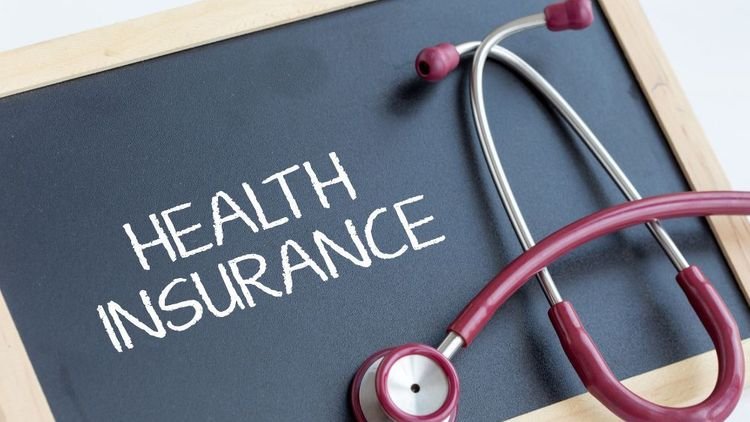Insurance is a peculiar thing. It’s often one of the most costly purchases you’ll make, yet it’s the one you hope to never use. You insure your house, car, boat, belongings, and even your pets without hesitation. But when it comes to insuring yourself, many people consider it either unnecessary or too expensive.
No one expects their house to catch fire or their car to be totaled, but having insurance is essential for peace of mind. Similarly, while you don’t anticipate getting sick or injured, medical care is something we all need at some point—often unexpectedly. “As we’ve all learned with COVID, you never know what’s going to come up,” says Nathan Teater, manager of sales and enrollment at eHealth.
While health insurance may seem expensive, the cost of medical care—doctors, hospitals, prescription drugs, and rehabilitation—can be overwhelming. In fact, medical bills are the leading cause of bankruptcy in the U.S., with two-thirds of filings involving significant medical debt, according to the American Journal of Public Health.
But financial trouble isn’t the only risk you face without coverage.
Consider the Costs
How much does health care really cost? Most people have no idea. According to the Centers for Medicare and Medicaid Services, the expenses can add up fast:
- Fixing a broken leg can cost up to $7,500.
- A three-day hospital stay averages around $30,000.
- Comprehensive cancer treatment can run into hundreds of thousands of dollars.
Younger people often skip health insurance, thinking they’re invincible. While health issues do increase with age, accidents don’t discriminate. Anyone can break a bone, need emergency hospitalisation, or be diagnosed with a serious illness. Without insurance, you’re on the hook for those bills—just as you would be if your car was stolen or a tree fell on your house.
“Life happens, and we always encourage young people to take a second look,” says Linda Greenfeld, chief product officer of L.A. Care Health Plan. “Being healthy doesn’t mean you won’t break a leg or end up with tens of thousands of dollars in emergency room bills.”
An Ounce of Prevention
Every health insurance plan under the Affordable Care Act (ACA) must cover 10 essential health benefits, including:
- Outpatient care and hospital visits.
- Emergency services.
- Maternity care before and after birth.
- Mental health and substance use services.
- Prescription drugs.
- Rehabilitation services like physical and occupational therapy.
- Lab tests.
- Preventive services such as vaccines and screenings.
- Pediatric care, including dental and vision for children.
Remember the saying, “An ounce of prevention is worth a pound of cure”? Insurance helps catch problems early and reduce the risk of costly health issues. Plus, many preventive services are offered at no additional charge. As Emma Hoo from the Pacific Business Group on Health points out, “By maintaining your health, you can avoid higher costs down the road and catch issues early, like high blood pressure or prediabetes.”
And when a COVID-19 vaccine became available, insurance covered it fully. That kind of coverage could make all the difference when you need it.
How Health Insurance Saves You Money
The Centers for Medicare and Medicaid Services explain how insurance protects you from high medical bills:
- Lower costs after meeting your deductible: Once you hit your deductible, your plan covers 60% to 90% of your expenses, depending on your coverage. You’re only responsible for the remaining coinsurance or copayments.
- Out-of-pocket maximum: Each plan has an annual limit on what you’ll have to pay. Once you reach this maximum, the plan covers all further expenses for the year.
- No annual or lifetime caps: Under the ACA, plans have no limits on the amount they will cover over your lifetime for essential benefits, which is crucial for expensive treatments like cancer care.
Even if insurance sounds pricey, ACA plans are more affordable than most people realize. Tax credits are available even for higher-income earners, bringing premiums down. “People often say, ‘I can’t afford it,’” Greenfeld explains. “But ACA exchanges provide subsidies that make health insurance much more affordable.” Additionally, Medicaid offers coverage for those who qualify after losing income or employment.
In a world where unexpected health events can turn your finances upside down, having health insurance isn’t just smart—it’s essential.







